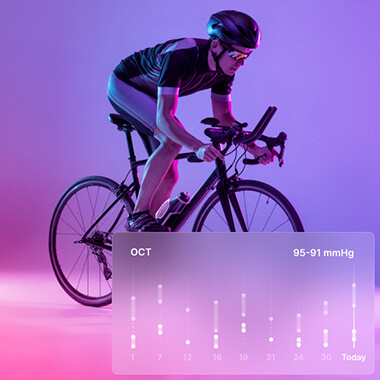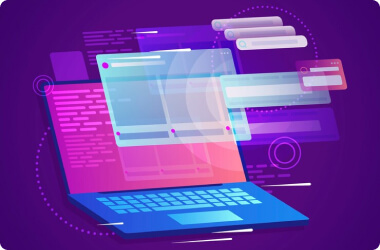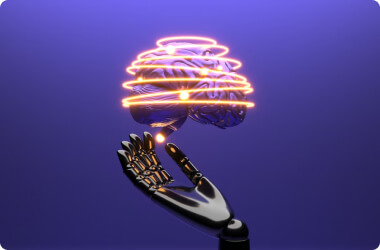AI is transforming entertainment by automating content creation, personalizing user experiences, and enhancing production quality. AI algorithms recommend movies, music, and videos based on user preferences, while AI-generated scripts, music, and digital actors are revolutionizing creative processes. AI also plays a crucial role in video editing, special effects, and virtual reality experiences.
AI-Powered Movie Plot Generator: Create Unique Story Ideas Instantly!
Unleash your creativity with our Advanced Random Plot Idea Generator! Whether you're a screenwriter, filmmaker, or just love crafting stories, this tool will help you generate exciting, unique, and unpredictable movie plots.











